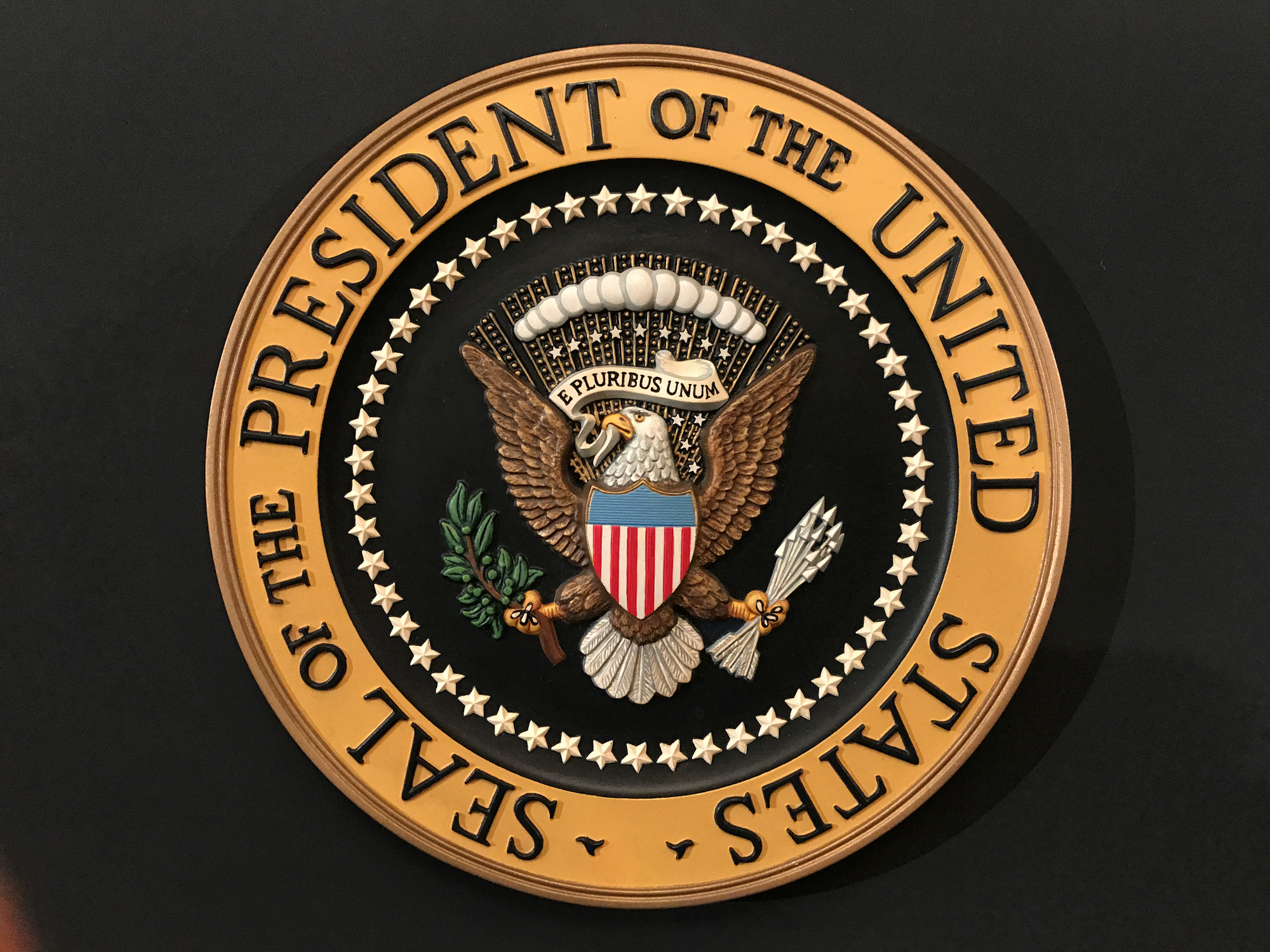Editorial Note: Opinions and thoughts are the author’s own and not those of AFROTECH™.
Decisive — that’s the word that best captures what the world witnessed on Election Day 2024. Not only did Donald Trump secure a win to become president-elect but the Republicans also took control of the Senate. With this level of unified power, the Trump administration is poised to pursue its agenda unimpeded. Previously, I discussed the contrasting relationships that Vice President Kamala Harris and President-Elect Trump have with the tech industry. Now, with Trump positioned to shape federal policy toward tech, it’s time to explore what this shift means for those working in or aspiring to join the industry. I’ll dive into the new opportunities Trump’s administration may create, those it could curtail, and how these changes impact you.
“Make America Great Again” has been the rallying cry for the Trump campaign and administration since he stepped on the scene. With him back in the Oval Office, one way he could make the world of startups great again is by opening up opportunity for the return of acquisitions. This is an opportunity that would benefit investors, founders, and employees alike. It’s speculated that Lina Khan, the current head of the Federal Trade Commission, will be on her way out when the transfer of power from President Joe Biden to Donald Trump happens. Khan was appointed by Biden in 2021 and has been the ire of the tech industry as she has heightened scrutiny on Mergers & Acquisitions across the board. This presents a problem for those in the venture-backed ecosystem because M&A is the main way that people make money off of the stock options they own in a company since an IPO is a much rarer outcome. During her tenure, she blocked the acquisition of Arm Holdings by Nvidia and blocked the acquisition of Within Unlimited by Meta (though Meta was eventually allowed by a U.S. district court to move forward with its purchase). Khan also led an investigation into Amazon and took Microsoft and Meta to court. It’s easy to see how Khan leaving and replacing her with someone who has a different view on M&A would be beneficial for the tech industry at large, and is something that many are hoping for.
The world of startups is always looking for the next sector that will benefit from technology. Given Trump’s close relationship with Elon Musk, I can see his administration forging a deeper relationship with the technology companies that are looking to serve the government as a client as well as build deeper relationships between the government and the technology industry more broadly.
The areas where the government plays a bigger role when it comes to startups is in the worlds of Defense, Space and Manufacturing. Companies like Anduril, SpaceX, and Hadrian are all companies that look to make the federal government their client. Due to his budding relationship with the industry, Trump could continue to push the U.S. Digital Service, an organization that looks to bring tech workers into the public sector and was started in 2014 under President Barack Obama. Or he could put more attention and funding into the Space Force, which became the sixth branch of the military and the first addition to the military branches since 1947. He could also continue to recruit technical tech executives to join the reserves, an initiative started by those at the Pentagon. Traditionally, the government has been looked at as a less-than-ideal customer because of the sales cycles and difficulty in navigating the private-sector-to-public-sector relationship, but that has changed over the years and has opened up the opportunity for tech companies to make the federal government their client. That would not only create value for the end user of the tech that is built but give tech employees more missions they can sign up to work on.
Areas that saw excitement and opportunity under the Biden Administration but may be reduced under the Trump Administration are those relating to climate. Trump historically has been critical of the Inflation Reduction Act, and some even believe he would look to repeal it. The act is helping the United Stated reach its climate goals via incentives that have helped spur more interest, both by founders and investors, when it comes to climate tech. Companies like Onsemble that look to help homeowners replace their gas heat pumps with electric ones by helping them navigate the incentive and contractor process saw the opportunity the IRA presented and jumped at it. We also have seen venture capital firms spring up that are dedicated to investing in climate technology. A notable one is Lowercarbon Capital that is run by Chris Sacca, who most notably invested early in companies like Uber, Kickstarter, Twitter and Instagram. Trump may take action against the Inflation Reduction Act, which could cause investors to shy away from the category, and thus create less opportunity in the category going forward because there will be less climate tech companies around.
If you are a person who has been in tech for awhile or is looking to break in, it’s always good to know where opportunity is going to be and not where it currently is or has been, so you can prepare to navigate the industry as best you can. I am personally hoping to see the tech industry have a deeper and more fruitful relationship with the federal government under the Trump administration, but one can only hope.
—
Joshua Ogundu is the CEO and founder of Tradeway, a company backed by Bloomberg Beta and Techstars that connects the construction industry to the tools they need to increase safety and productivity.


